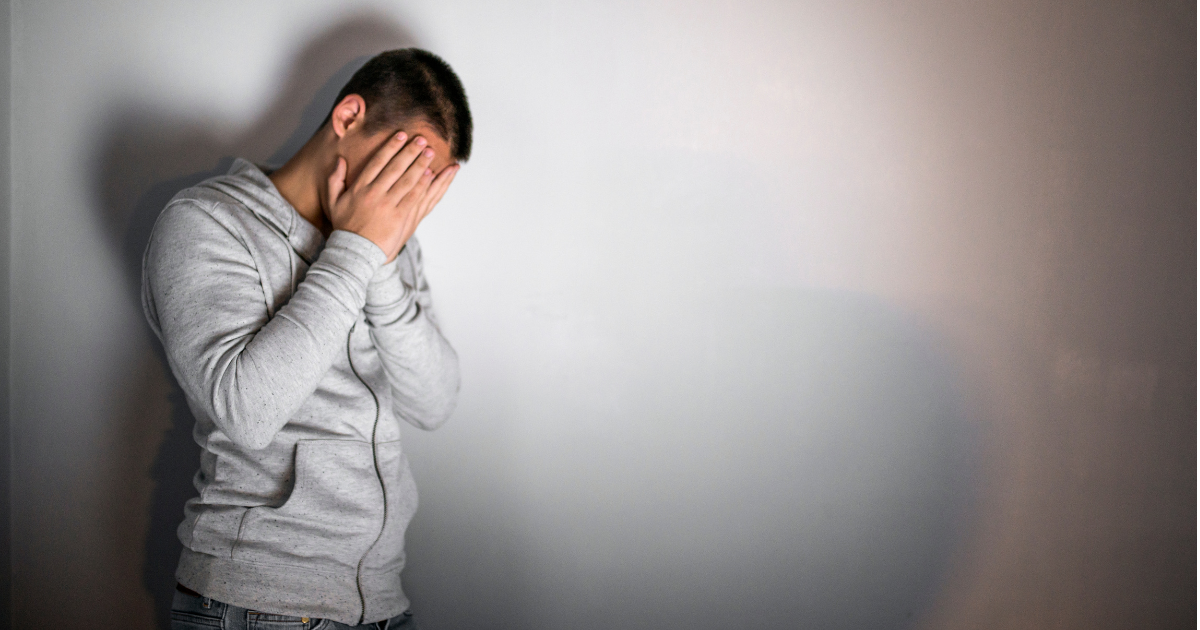Transform Shame into Personal Power: Steps to astounding empowerment
Shame is a word that has wrapped me up in fear and dread for over 50 years. In exploring the intricate journey of healing and empowerment for the LGBTQIA+ community and gay men grappling with shame, we must first acknowledge the deeply entrenched historical beliefs that often serve as the roots of such shame.
Shame, a profoundly personal yet universally understood emotion, can significantly impact one’s sense of self-worth and belonging. For gay men, this is frequently magnified by external judgements and internalised negative stereotypes. The path towards healing involves confronting these painful experiences, understanding their origins, and reclaiming one’s sense of self with compassion and strength.
The Origins of Shame
Shame often stems from the societal message that being different, in this case, being a gay man, is synonymous with being less than what society expects. From a young age, many gay men internalise these messages, leading to a deep-seated feeling of shame about their identity. This is further complicated by the fear of rejection from loved ones and society at large, which can lead to the concealment of one’s true self. It is important for gay men to challenge these societal norms and embrace their authentic selves in order to break free from the cycle of shame. But at a young age, you are often confronted with so many mixed and disparate messages about what it means to be different and how you should conform.
The Impact of Shame
The impact of shame is as diverse as the LGBTQIA+ community itself, affecting emotional, mental, and social wellbeing. It can manifest as anxiety, depression, low self-esteem, and a sense of isolation. Moreover, shame can hinder the formation of healthy, intimate relationships, as the fear of vulnerability and rejection becomes a protective barrier against genuine connections. It may even be, sadly, fatal, with many finding the shame too great to deal with. We will never know the full impact of those who may have taken their own lives to avoid the hurt of dealing with shame. This is why I talk about it constantly and openly share my own journey of shame along with the darkness of this point in my own life.
Confronting Shame
The process of healing and extreme growth begins with confronting the shame head-on. This seems counterintuitive, especially when we spend so much time trying to escape shame. It often involves recognising and acknowledging the sources of shame, whether they be social, cultural, family-related, or internal. The opposite of shame can be understood as pride or self-esteem. While shame involves feelings of guilt, unworthiness, and humiliation often linked to how one perceives themselves in the eyes of others, pride embodies self-respect, self-worth, and a positive identity that is embraced regardless of others' judgements. Self-esteem refers to the overall sense of value or worth one has for themselves. Both pride and self-esteem focus on recognising and valuing one's attributes, achievements, and the inherent worth as an individual, contrasting the negative self-view that shame often entails. In contexts where individuals have felt marginalised or stigmatised, such as within the LGBTQIA+ community, embracing pride can be particularly empowering, acting as a powerful counterforce to the effects of shame. It's about understanding that shame is not a reflection of one’s true worth but rather a response to external judgements and pressures. For me, it was saying those words I had hidden from for so long, "I am gay."
The Power of Supportive Communities
Supportive communities play a crucial role in the healing journey. Connecting with others who have had similar experiences can provide a sense of belonging and acceptance. Organisations like Bent Couch Counselling and Gay Fathers Worldwide offer safe spaces where individuals can explore their feelings of shame in a non-judgmental environment, fostering resilience and self-acceptance. By sharing their stories and receiving empathy from others, individuals can begin to challenge the negative beliefs that contribute to their feelings of shame. This sense of connection and understanding can help individuals develop a more compassionate and accepting relationship with themselves.
The Role of Professional Counselling
Professional counselling offers a structured approach to dealing with shame. Through counselling, individuals can explore the origins of their shame, understand its impact on their lives, and develop strategies to build self-esteem and resilience. Through my work at Bent Couch Counselling, I specialise in providing safe and non-judgemental support, guided by a deep understanding of the unique challenges faced by the LGBTQIA+ community. I too, having come out later in life to my family and friends, dealt with shame for 50 years before taking the plunge and experiencing extreme life changing growth. This is one of the reasons I plunged deep into becoming a counsellor: to share the extraordinary and astounding liberation you too can experience by embracing your true self and overcoming shame.
Reclaiming Identity
Healing from shame involves a process of reclaiming one’s identity and celebrating it. This is not a process that happens quickly or easily, especially when suppressing the shame for so long. It ultimately means accepting and embracing one’s sexuality as a part of who they are, not something to be ashamed of. It’s about building a life that reflects one’s true self, free from the constraints of societal expectations. Will you lose loved ones and friends? Sometimes yes, but this outweighs the pain of the life you have been living, drowning in waves of shame. There are so many processes and challenges involved in overcoming shame, but the end result is a sense of freedom and authenticity that is truly worth the journey. As stated previously, it is important to surround yourself with supportive and understanding individuals who can help you navigate through this process.
Moving Forward from Shame to Empowerment
The journey from shame to empowerment is deeply personal and requires courage, patience, and support. It's a path of transforming pain into power, where each step forward is an act of defiance against social conventions that seek to diminish them. Healing from shame is not just about personal liberation; it's about contributing to a broader cultural shift towards inclusivity, acceptance, and respect for diversity.
In the end, dealing with shame as a gay man is about more than overcoming; it’s about thriving. It’s about forging connections, embracing individuality, and living authentically. Bent Couch Counselling stands as a source of support, offering guidance and resources for those navigating this journey. Remember, the power of healing through dealing with shame lies not just in confronting the past but in shaping a future filled with happiness, acceptance, and unconditional self-love.



